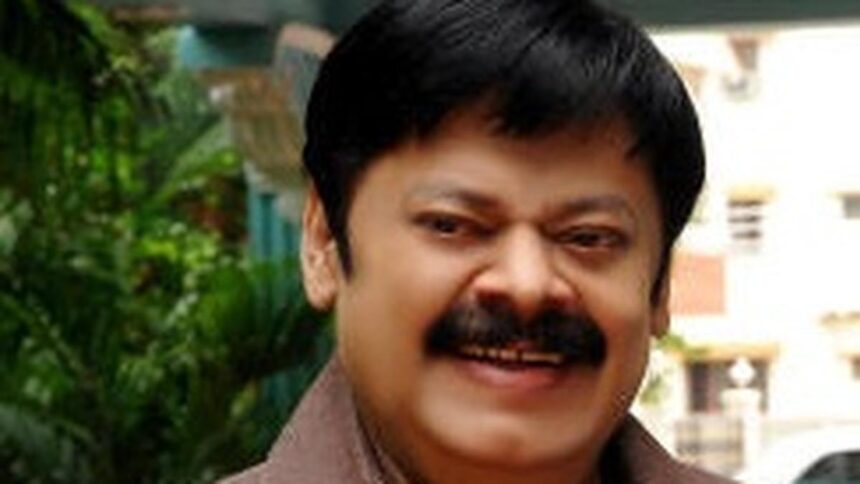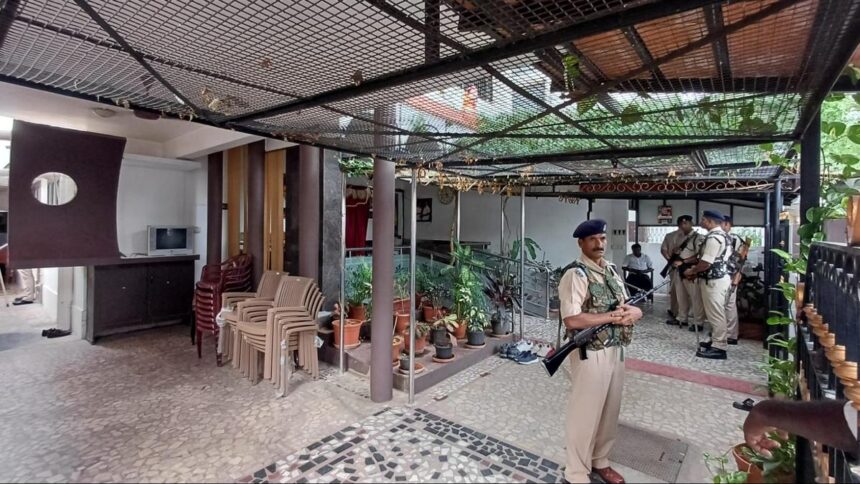
An aerial view of Madras High Court building in Chennai. File
| Photo Credit: V. Ganesan
The Madras High Court has taken up two suo motu writ petitions to identify and dispose of criminal cases pending in all courts across Tamil Nadu and Puducherry for over three years in trial/appeal/revision stage in connection with offences that are punishable up to three years.
Chief Justice Manindra Mohan Shrivastava has directed the Madras High Court Registry to list the suo motu writ petitions before Justice D. Bharatha Chakravarthy in the principal seat of the High Court in Chennai and Justice K.K. Ramakrishnan at its Madurai Bench for passing necessary judicial orders.
The High Court has also decided to identify and dispose of cases booked for the charge of criminal intimidation too even if the offence was punishable for more than three years. The move comes pursuant to identical letters written by Justices Chakravarthy and Ramakrishnan to the Chief justice.
Justice Chakravarthy, on Monday (August 18, 2025), requested the law officers, advocates, police as well as litigants to bring all such cases pending not only before the High Court but also before the district courts, which fall under the jurisdiction of the principal seat of the High Court in Chennai, to his notice beginning from Tuesday.
He said, the High Court would first identify compoundable cases and attempt to resolve them through direct negotiations and Alternative Dispute Resolution (ADR) methods. Even in non-compoundable cases, the court would suitably consider the possibility of compromise and settlement between the parties.
The High Court would also suggest withdrawal of prosecution in approrpriate cases, if such course was deemed necessary and also quash cases on the ground of delay, wherever circumstances permit, in order to safeguard the right to a speedy trial guaranteed under Article 21 of the Constitution.
The court would further attempt to dispose of cases arising out of private complaints, such as those under the Negotiable Instruments Act of 1881, pending before trial courts. Apart from using strategies such as compounding and ADR methods, a special approach would be taken up to dispose of batch cases.
“The goal is to identify categories and recommend or apply appropriate solutions and pass orders to reduce the clogs in the wheels of the administration of criminal justice thereby ensuring proper case flow and availability of quality time for the trial of appropriate cases,” Justice Chakravarthy added.
Published – August 18, 2025 01:14 pm IST



















